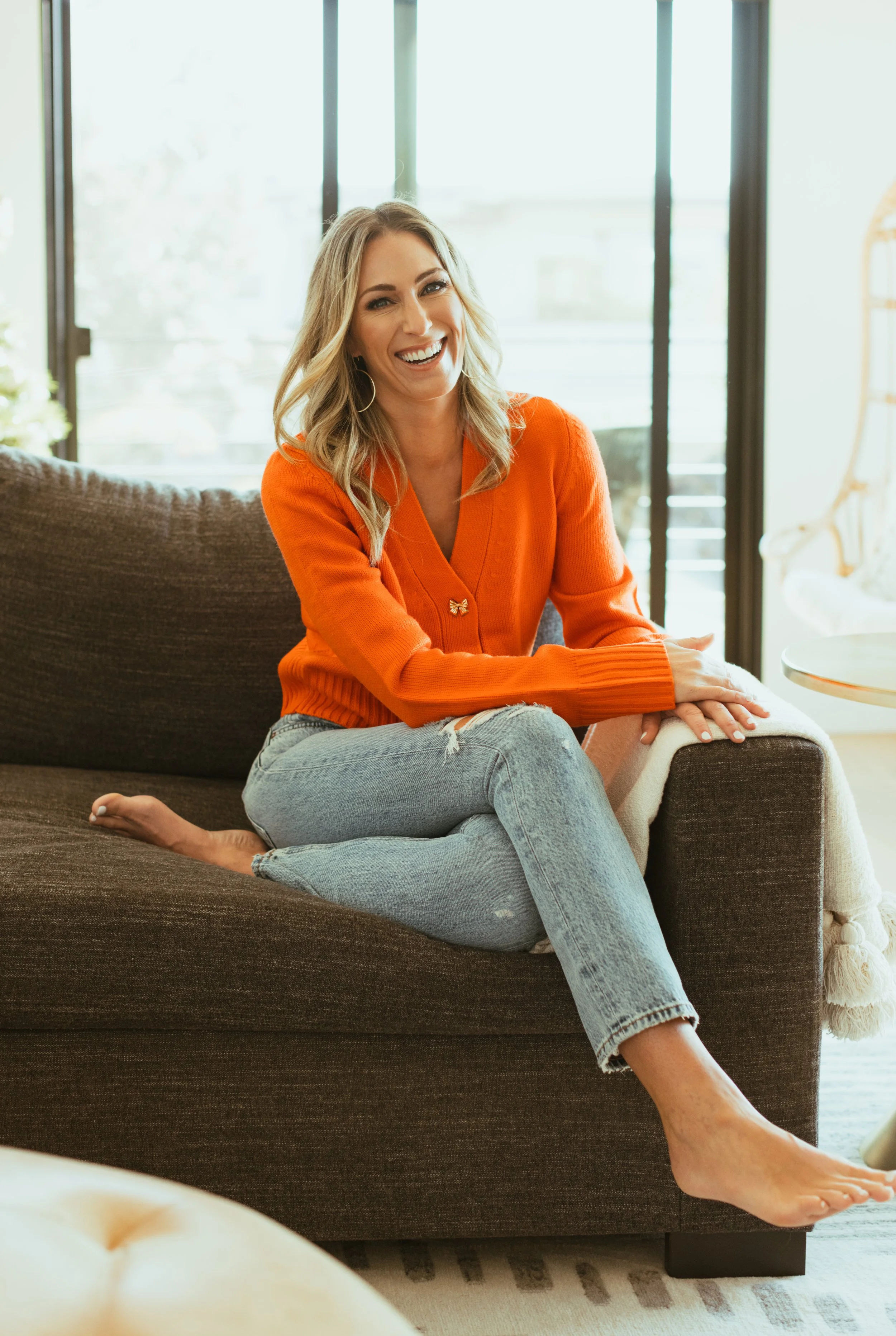Content is still brief, as her target is the busy mom with a lot on her plate. The course addresses two areas Morgan describes as The Within, the individual work that each partner will explore to better understand the mental load and behaviors and thoughts that may be sabotaging a more equitable relationship, and the Between, couple work that will dig into how the inequity of the mental load can trickle into other aspects of the relationship and what to do about it.
The Mother Load teaches practical ways to renegotiate responsibilities and support the partner who carries the bulk of the mental load. A dynamic research-based model helps the couple visualize the mental load’s impact on their relationship so they can reconnect and make adjustments in a targeted and efficient manner.
Before she started writing about the mental load, and before she was even a mother, Morgan grew up in the relationship education world as the daughter of venerated therapist and pastor Dr. John Van Epp.
Morgan was in elementary school when her father pursued his doctorate degree and loved tagging along with him to his psychology classes. In fact, decades later when she attended the same university for her doctoral degree, she was surprised to recognize one of the same professors. Whenever she and her father went for a drive, their favorite car game was to discuss hypothetical cases. His concluding question was always the same: “How would you help them?”
“That was my favorite thing,” she said, “creating practical strategies. I grew up with a love for this type of work and solving problems with actionable items.” She remembers accompanying her father when he taught at marriage conferences for 10 years in a row! She worked with him at Love Thinks while she was completing her doctorate degree but knew she wanted to make her own contribution in the field that involved helping women.
She found her niche with her first book, Love Your Kids Without Losing Yourself, as she summarized her experience with her daughter. “Motherhood really smacked me across the face,” she said. “I was not prepared. I felt like I was constantly falling short.”
She describes the book on her website, “You don’t need another list of things to do that you don’t have time for. You love motherhood, but you’re sick of feeling burned out, lost in the shuffle, and like you never come up for air. It’s time you discover a new approach to motherhood that equips you with a practical plan to feel more aligned with the mother you always imagined yourself to be.”
There are many reasons mothers today are struggling with anxiety and overload, issues that bleed out into how women experience that season. The culture has undergone a major shift with more women in the workplace. “Responsibilities have increased, but we haven’t gained more time. Women are the caretakers of all the family relationships, then we throw on a career, and our plate gets too full,” she said.
Morgan mentioned a theory described by Sharon Hays as “intensive mothering,” the societal belief that parents are supposed to invest an inordinate amount of time, energy, and money in raising the children and providing a stimulating environment.














